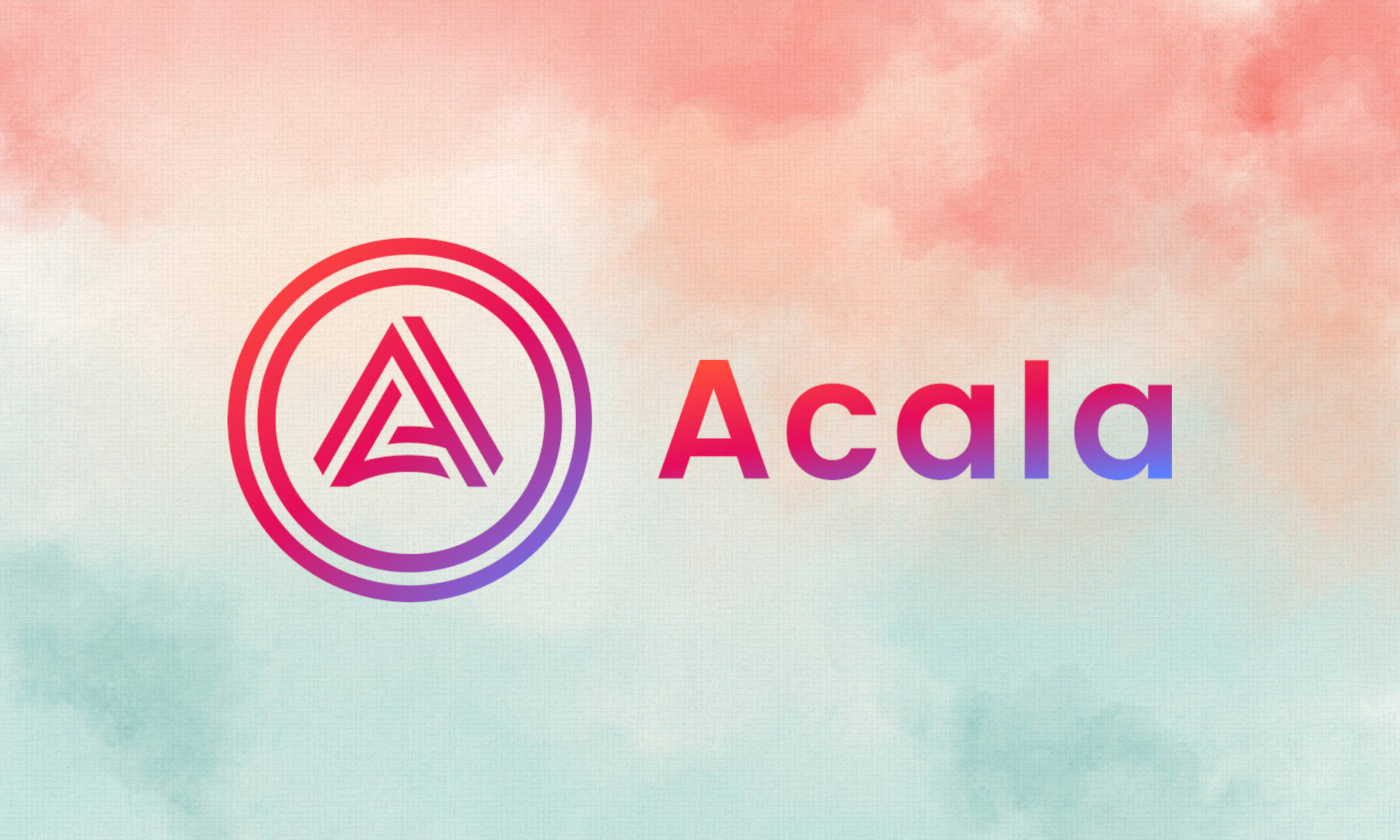
After years of anticipation, the first batch of parachains auctions was successfully completed on Thursday. The first-ever parachain auction slot winner with 32M DOT staked is Acala, popular decentralized finance (DeFi) hub for Polkadot. Acala came out ahead in a neck and neck race with multi-chain protocol Moonbean.
Key takeaways:
- Although Acala ultimately ended up raising $60 million worth of DOT less in the week-long crowdloan period than Moonbean, the candle auction mechanism awarded Acala the top spot. The system is designed to take into account the duration of time that a project was leading the auction, and Acala came out ahead as it was leading Moonbean roughly 63% of the seven-day period.
- Parachains are customized blockchains designed to feed into the mainchain. Since they are tailored for project-specific use cases, parachains can achieve higher throughput while retaining lower transaction costs than the main blockchain. Parachains were first introduced in Polkadot’s white paper and later incorporated into its canary network Kusama.
- The parachain auction schedule was first announced in mid-October. At the time, the excitement surrounding the long-awaited Polkadot feature pushed the price of DOT to a new all-time high above $50.
- Winners of parachain auction slots will be able to build on the Polkadot network for the duration of 96 weeks. Blockchain projects with the most active community have the highest chance to win parachains slots, due to the crowdloan fundraising method.
- The price of DOT got caught into a broader bearish market trend, which pushed prices of most digital assets to late-October levels. DOT is currently exchanging hands at $41 per token, good for a total market valuation of $36.8 billion.



